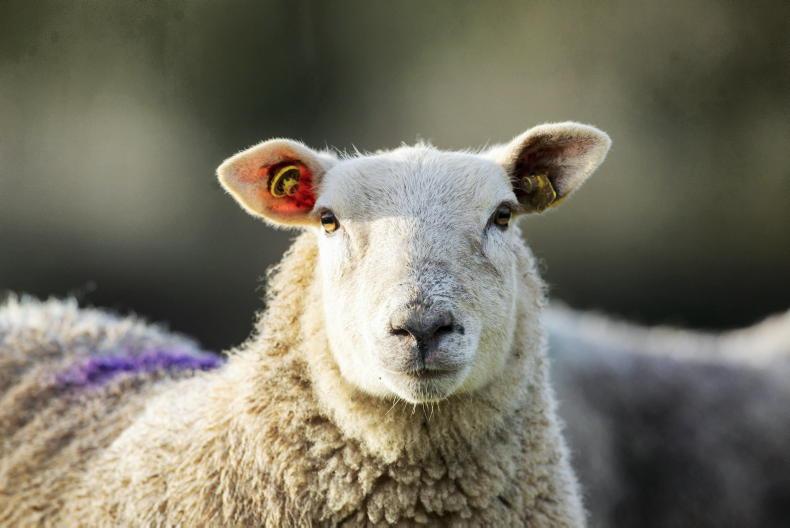Staunch farmer views on the importation of live sheep and sheepmeat carcases from the UK dominated the debate at Monday night’s IFA national sheep meeting.
The meeting was billed as a ‘sheep crisis meeting’, organised in the wake of farmgate lamb returns falling by in excess of 50c/kg and input costs running at an all-time high.
Farmer views were fired up following Teagasc analysis showing the net margin per ewe fell to just €7 per ewe in 2022 (see page 35) with similar financial returns forecast for 2023.
Responding to questions on sheepmeat imports and marketing, Seamus McMenamin, Bord Bia, told farmers: “I went to the Department [of Agriculture], I queried the figures relating to what sheep we have been importing and they recorded the sheep coming from Northern Ireland at 320,000 for direct slaughter along with 100,000 for further production. There were no sheep being marked as coming from Britain.
All lamb comes under country of origin labelling, you must state under EU legislation where a lamb is born, reared and slaughtered
“I also went to DEFRA in the UK and asked them had they exported any sheep [to Ireland] and their figures show that they have exported none and I am happy to share those data sets with whoever wants to see them.”
McMenamin said the volume of sheepmeat imported in carcase and cut form was recorded at about 8,000t.
“Most of that [imported sheepmeat] would have traditionally come from New Zealand and Australia, however there has been a marked decline on that in recent years and there has been more sheepmeat imported from the UK. “
He refuted accusations that imported lamb is being sold as Irish.
“All lamb comes under country of origin labelling, you must state under EU legislation where a lamb is born, reared and slaughtered, so wherever it is born will be clearly stated on the label”.
Labelling of lamb
Concerns raised by farmers regarding the marketing of Irish lamb, along with UK lamb, termed Celtic Lamb by ICM, were addressed by James Smyth of ICM.
He said the brand, Celtic Isles, which is branded and labelled in Belgium, markets lamb for business won over 10 years ago that was previously supplied by New Zealand.
Smyth said that to guarantee critical mass consistently across 52 weeks of the year and to sustain business from this group of over 1,300 supermarkets, ICM has to leverage its supply base of over 3.5m lambs processed across Ireland and the UK.
IFA president Tim Cullinan and sheep chair Kevin Comiskey committed to investigating that labelling and monitoring of factory own labels is carried out correctly.






 This is a subscriber-only article
This is a subscriber-only article









SHARING OPTIONS: